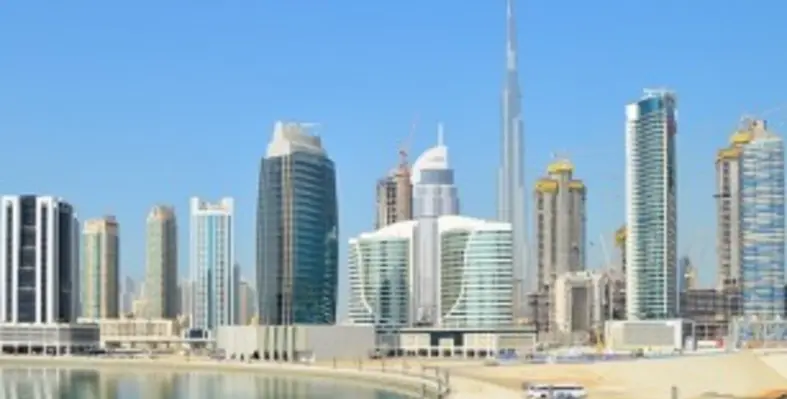Dubai?s Roads and Transport Authority (RTA) has carried out 74 initiatives including projects in the field of green economy, environmental sustainability and power efficiency for the optimal use of resources and energy
The objective of this drive is to use sustainable options and respond to the UAE Green Growth Strategy launched in 2012 under the theme - ?Green Economy for Sustainable Development.?
Nada Jasim, director of safety, risk, regulation and planning of RTA?s strategy and corporate governance sector, said, ?RTA contributes to reducing the carbon footprint in Dubai by increasing the number of public transport users (Dubai Metro, Tram and public buses). Using public transportation, instead of private vehicles, had saved 642,000 tonnes of CO2 emissions in 2018.?
The initiatives undertaken are in line with the UAE Energy Strategy 2050, National Climate Change Plan of the UAE 2017?2050, UAE Vision 2021, Dubai Plan 2021, Dubai Integrated Energy Strategy 2030, Dubai Carbon Abatement Strategy 2021, Dubai Clean Energy Strategy 2050, Dubai Self-Driving Transport Strategy, and Smart Dubai Strategy among others.
?The number of electric vehicles in Dubai Taxi fleet amounted to 89 vehicles by the end of 2018 and is set to jump to 200 vehicles by the end of 2019. The number of hybrid vehicles in Dubai Taxi reached 1,461 vehicles by the end of 2018 and is set to account for 50 per cent of the fleet by 2021. Public buses are fitted with Euro five low-emission diesel engines, and plans are underway to deploy buses with Euro six engines gradually in the service,? Nada Jasim said.
As part of green initiatives, a 300KW solar system had been installed in the parking building at RTA headquarters, and a 10kw solar system had been installed in the parking attached to Al Qusais Station as well as in traffic lights and Salik gates. RTA also expanded the use of energy-saving LED lights in lighting streets, traffic signals, tram and metro stations, and other facilities.







